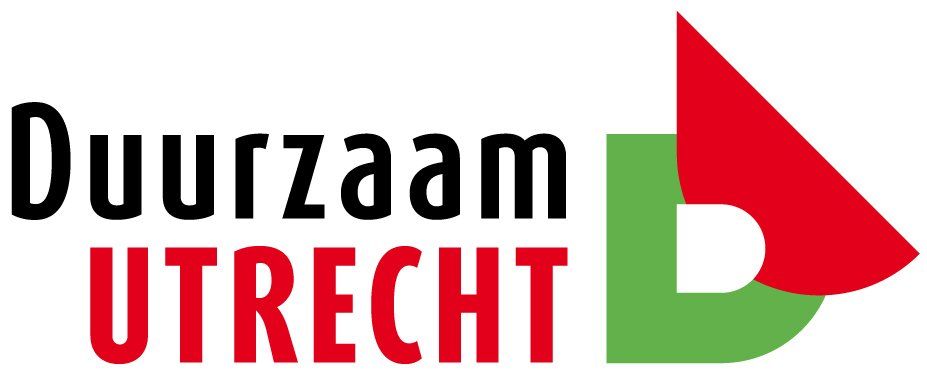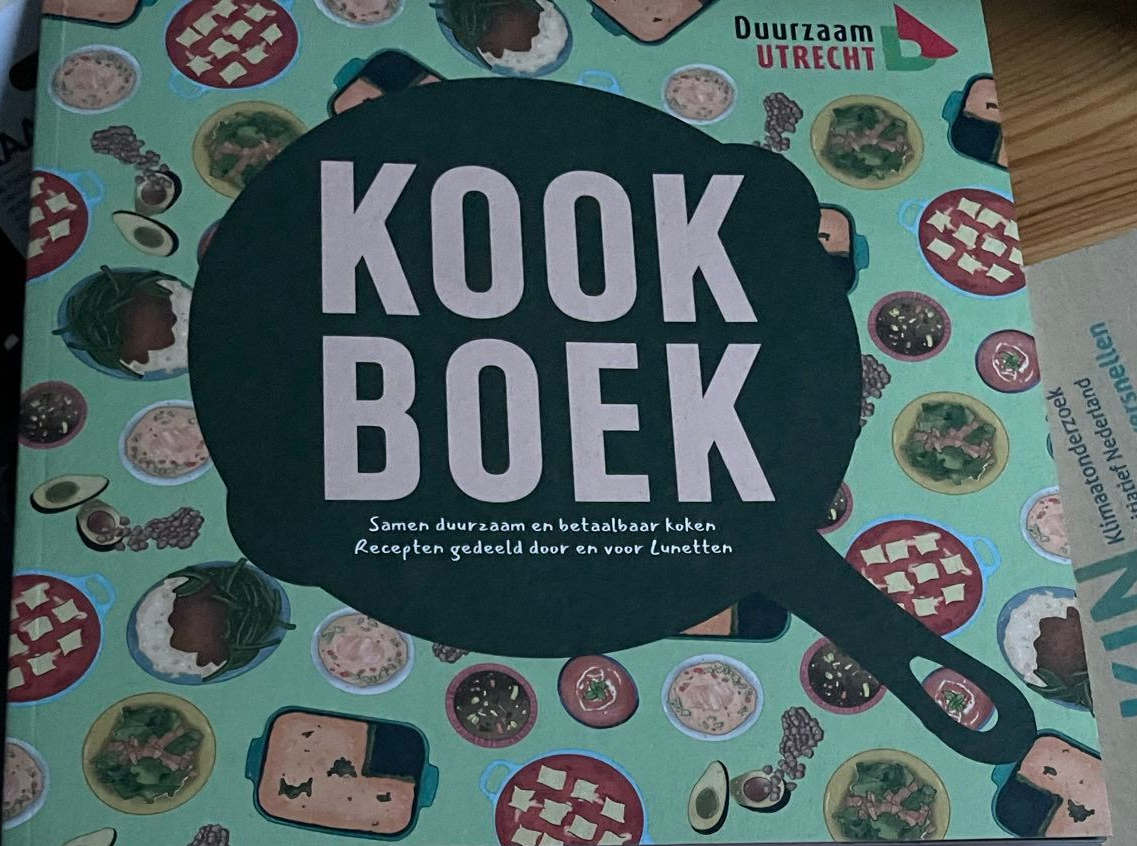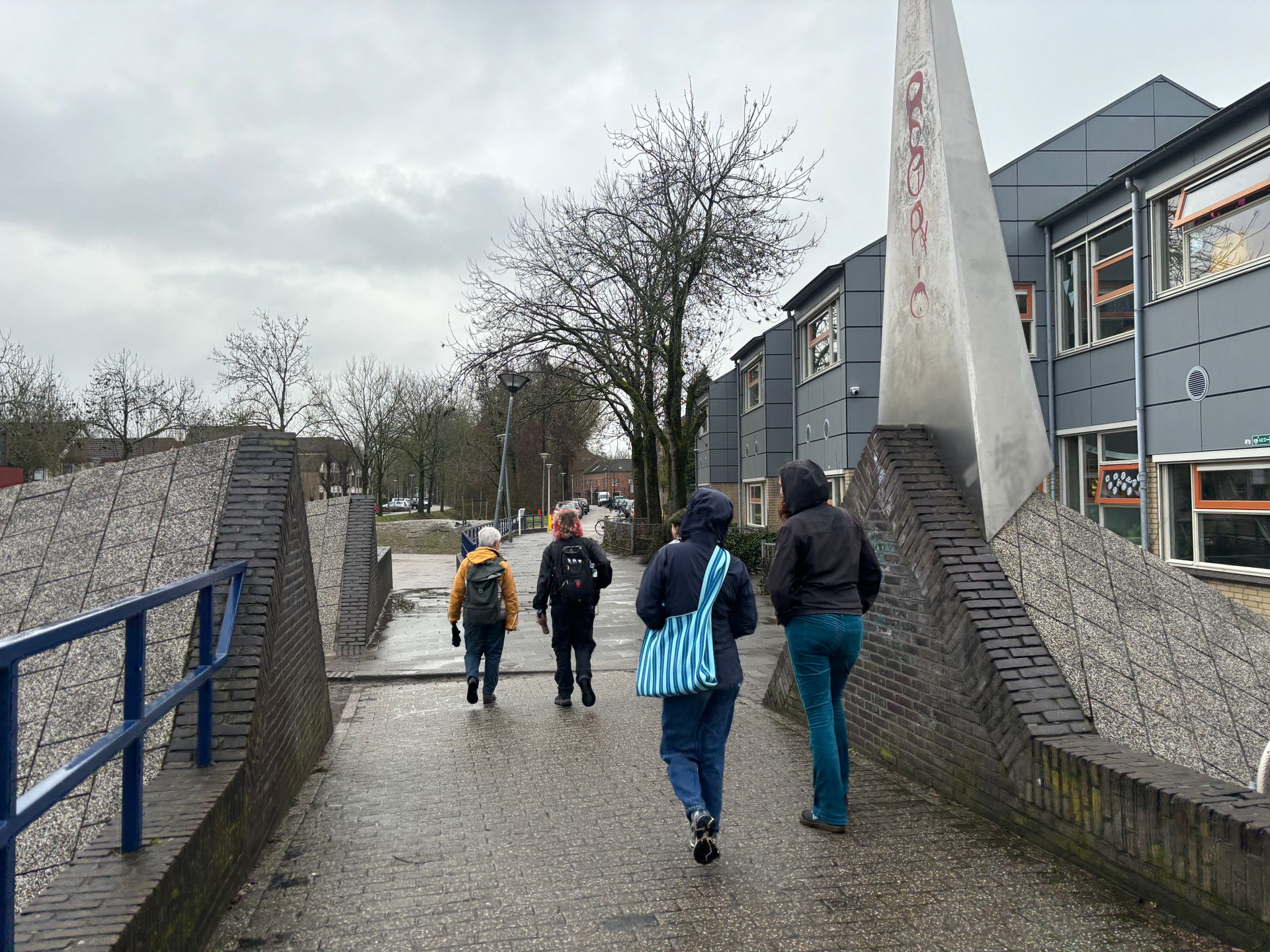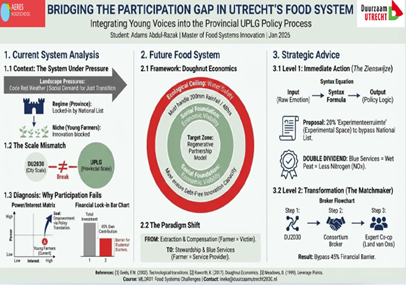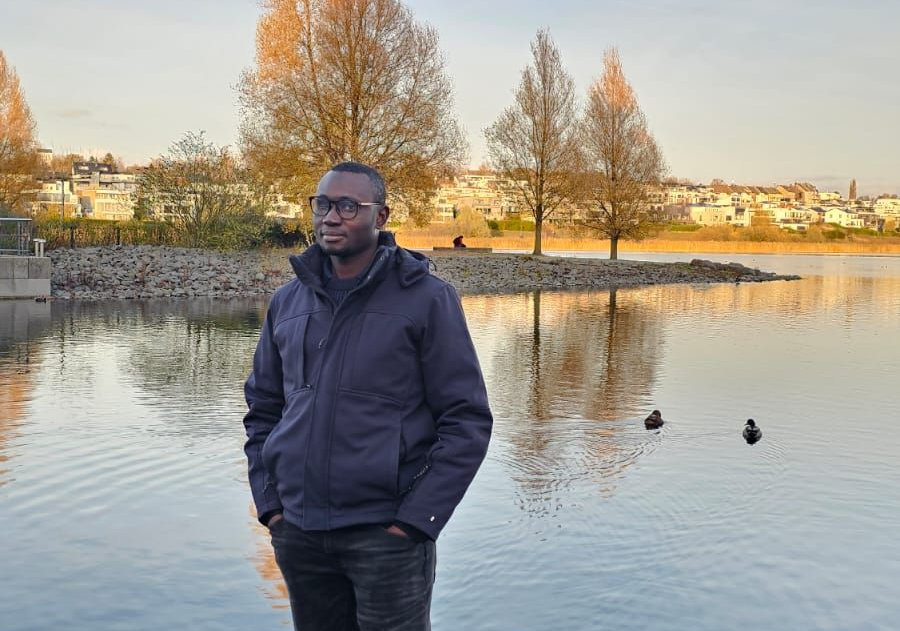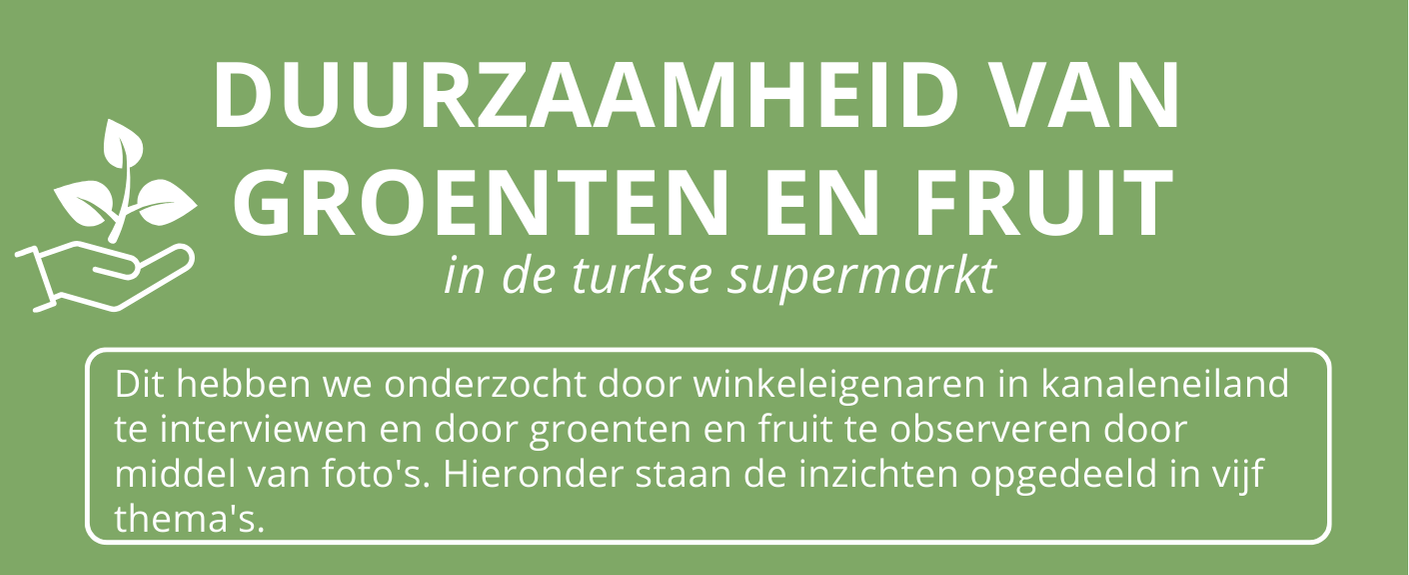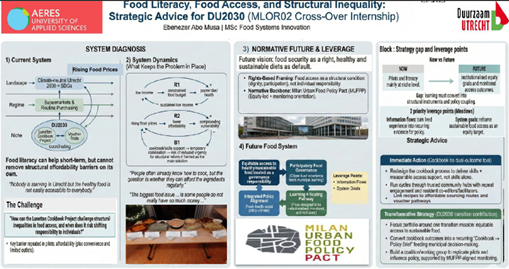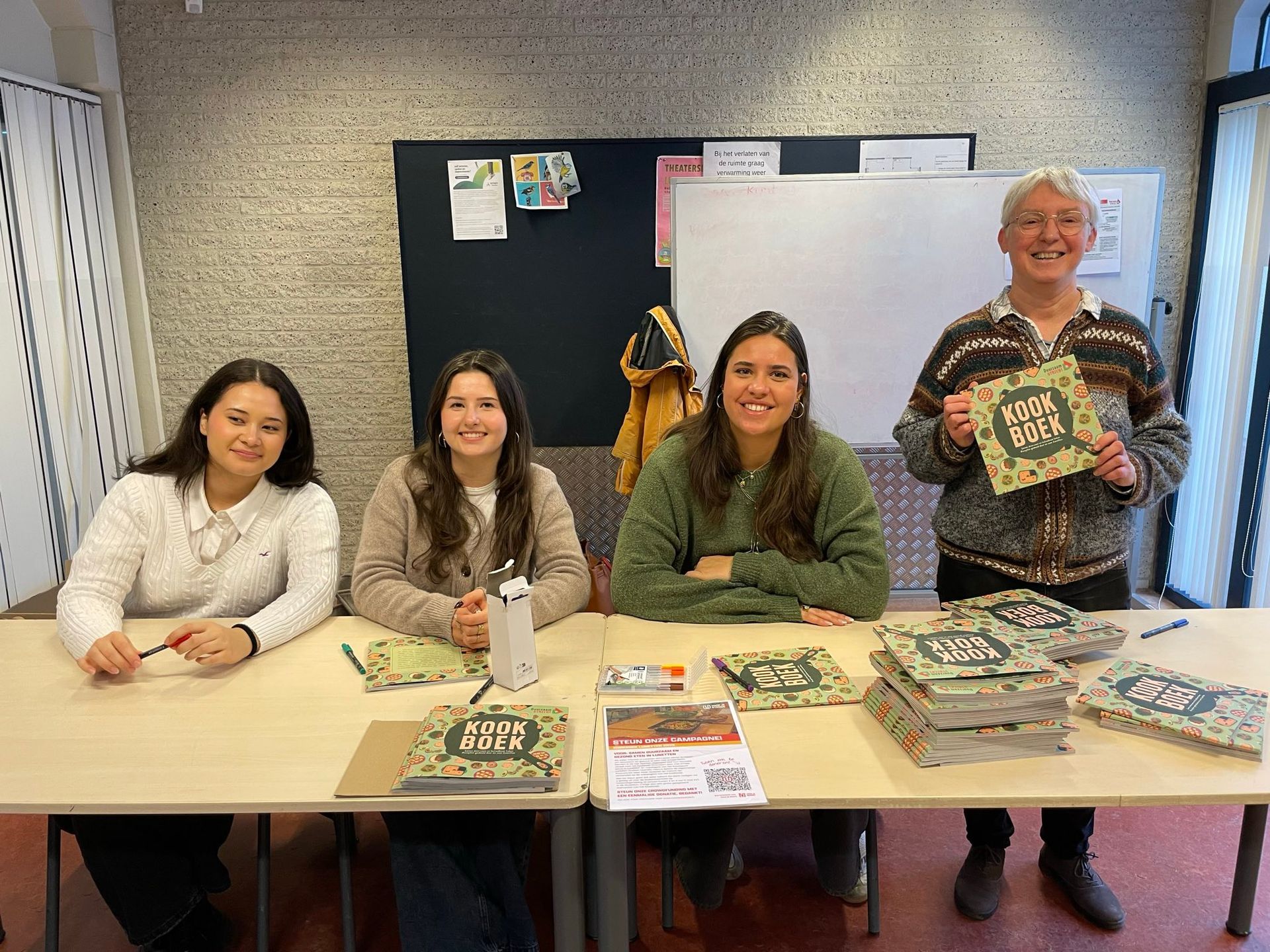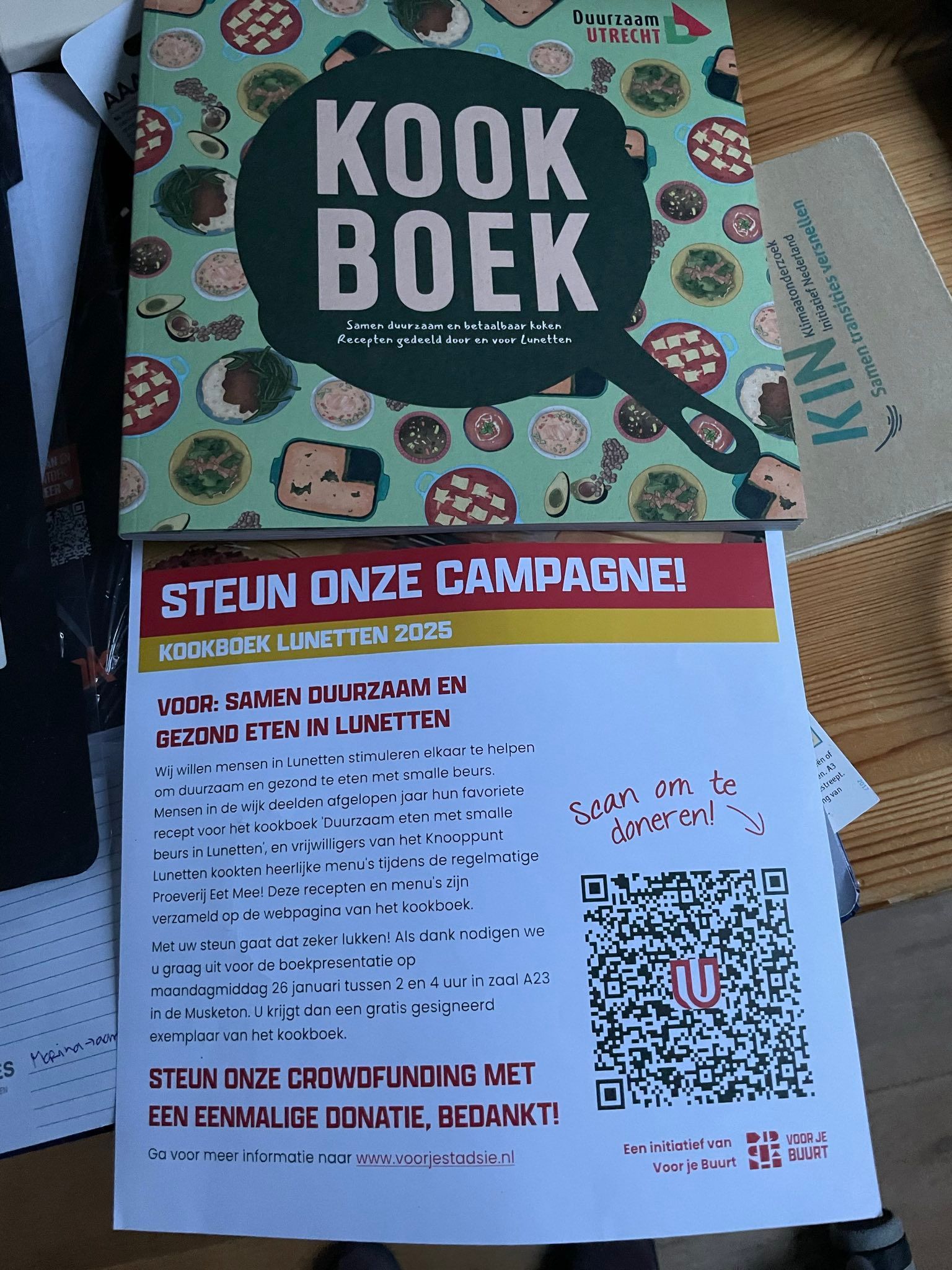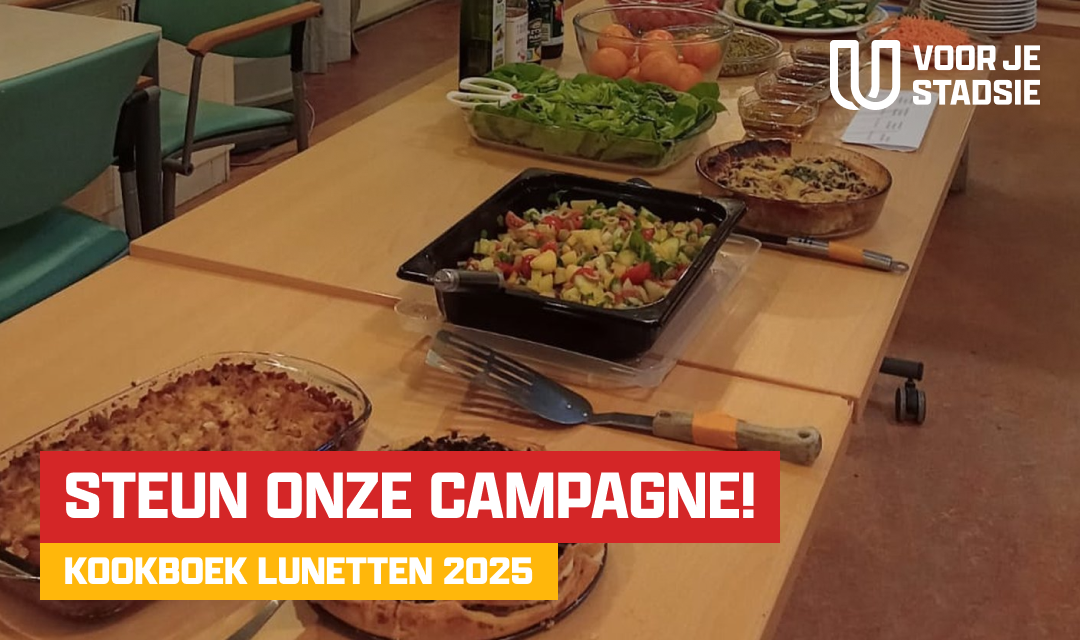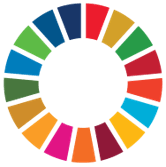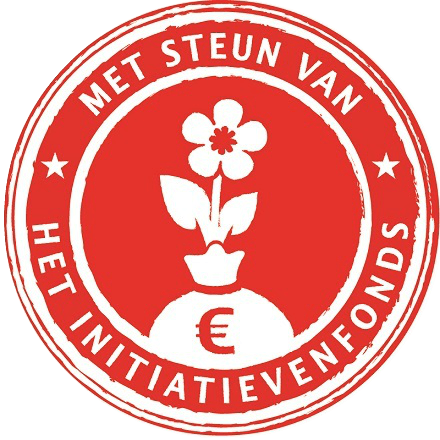Live sustainably with a small purse
Highlights of Sustainable Utrecht 2030
Last year, we have talked with around five hundred citizens of Utrecht about sustainable living with a small purse. They told us how they already take sustainability into account, for example by saving energy, recycling clothes, or helping each other with repairs. Several people wanted to live more sustainably, for which they need help from the municipality, housing corporations or other organizations.
Last autumn we were looking for ways to make some wishes possible. With social work students from the University of Applied Sciences Utrecht, we brought people without a garden who like to garden in contact with people with a garden they cannot maintain. In the coming period, we want to find out whether people who are on the waiting list for an allotment garden can keep a vegetable garden in someone else's garden, sharing the proceeds.
Together with the Voedselbank Overvecht and Energie U, we were looking for volunteers who make the homes of clients of the food bank more energy efficient. They stick radiator foil, apply draft strips and turn in LED lamps. They also give advice on saving energy, for example by turning down the heating or taking a shorter shower. Soon, more voluntary energy advisors will start helping other families.
Until the end of January, students of environmental science at HAS University of Applied Sciences in Den Bosch are investigating how people with a small purse in Lunetten can get subsidised sustainable fruit and vegetables from local growers. Afterwards, we will try to put the students' plans into practice.
Why did we take the initiative for Duurzaam Utrecht 2030 – Live sustainably with a small purse? The municipality of Utrecht and other governments want to achieve the seventeen sustainable development goals by 2030. They want to fight poverty and protect the environment. That is only possible if everyone helps; rich AND poor. But it is not clear what people are already doing themselves, and how they want to live more sustainably. We therefore ask people with a small purse how they want to live sustainably themselves and involve politicians, civil servants, educational institutions, social partners, and citizens in making these wishes possible. Between 9 October 2021 and 11 November 2022, 42 meetings were held at 30 locations throughout the city of Utrecht. Approximately 150 volunteers were involved, nineteen students and two pupils. In addition, we reached about one million people through newspapers, radio, city TV and partners' own media. The municipality of Utrecht (Initiatievenfonds), Kerk en Wereld and Katholieke Caritas Utrecht have subsidized the project, and dozens of organizations have participated in it. Duurzaam Utrecht 2030 won the third prize of the Mantel van Sint Maarten 2022. We are enthusiastically moving forward in 2023. Do you have an idea, or do you want to help? Contact ineke@duurzaamutrecht2030.nl. Want to know more? Check: https://duurzaamutrecht2030.nl/.


